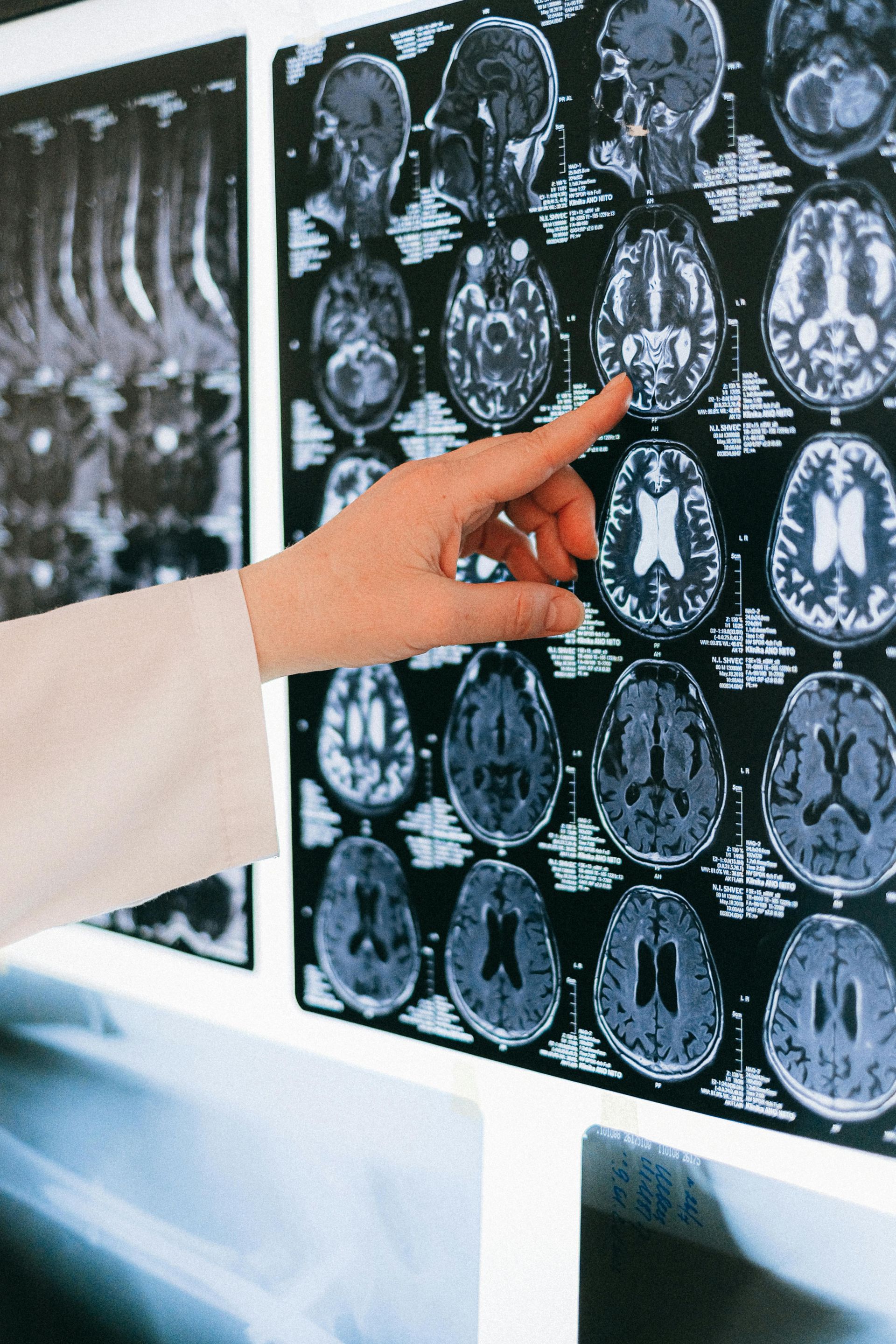Depression and Possible Hormonal link
Understanding the Connections and Treatment Options
Depression can be affected by hormonal imbalances, which often go unrecognized in traditional psychiatric evaluations. Both males and females may experience mood changes due to disrupted levels of sex hormones, thyroid hormones, adrenal hormones, and neurosteroids.
Hormones That Affect Mood
In Females:
- Estrogen: Supports serotonin and dopamine; low levels can cause irritability, anxiety, and low mood
- Progesterone: Calming via GABA receptor effects; low levels may worsen anxiety, insomnia
- Thyroid hormones (T3/T4): Low thyroid function often mimics depression
- Cortisol: Chronic stress leads to HPA axis dysfunction and depressive symptoms
In Males:
- Testosterone: Low levels are linked to apathy, fatigue, and low libido
- DHEA: Low levels may reduce resilience, energy, and mood
- Thyroid and cortisol: As with females, can contribute to fatigue and depression
Hormone Testing to Consider
- Total and Free Testosterone (especially in men)
- Estradiol, Progesterone
- DHEA-S
- Thyroid panel: TSH, Free T3, Free T4, TPO antibodies
- Morning and evening cortisol
- Vitamin D, B12, folate, magnesium
When Standard Antidepressants Aren’t Working
Evaluate for hormonal causes if:
- Antidepressants partially help or stop working
- Worsening mood with hormonal shifts (e.g., menstrual cycle, menopause, andropause)
- No response despite multiple medication trials
Psych Meds That May Worsen Hormonal Depression:
- SSRIs: May lower testosterone and cause emotional blunting
- Antipsychotics: Can raise prolactin and lower sex hormones
- Benzodiazepines: Sedating, may worsen fatigue or motivation
Natural & Hormonal Treatment Options
Females:
- Bioidentical progesterone
- Estradiol transdermal patch, cream or pill (if peri or menopausal)
- Thyroid optimization (especially if Free T3 is low)
- Adaptogens for adrenal support (ashwagandha, rhodiola)
- Supplements: Magnesium Vitamin D, B-complex, omega-3s
- Testosterone therapy if indicated
Males:
- Testosterone therapy if indicated
- DHEA (monitor for estrogen conversion)
- Thyroid and adrenal support
- Progesterone at night for GABA support (off-label)
- Supplements: Zinc, Vitamin D, magnesium, B6, omega-3s
Additional Treatments to Consider
- Low Dose Naltrexone (LDN): Immunomodulatory, mood-stabilizing effects
- Pregnenolone: Neurosteroid for mood, sleep, cognition
- SAMe or methylated B vitamins: For methylation support (especially if MTHFR mutation present)
- Ketamine therapy or TMS: For refractory cases
Diet and Lifestyle
- Anti-inflammatory diet (high in omega-3s, leafy greens, low sugar)
- Regular exercise (especially resistance training and walking)
- Sunlight and circadian rhythm support
- Therapy: CBT, EMDR, somatic therapy
Hormonal imbalance can underlie or worsen depression, especially when symptoms are resistant to standard psychiatric medications. A personalized, hormone-informed approach may provide lasting relief. Testing, supplementation, and in some cases bioidentical hormone therapy should be considered in both men and women with persistent depressive symptoms.


